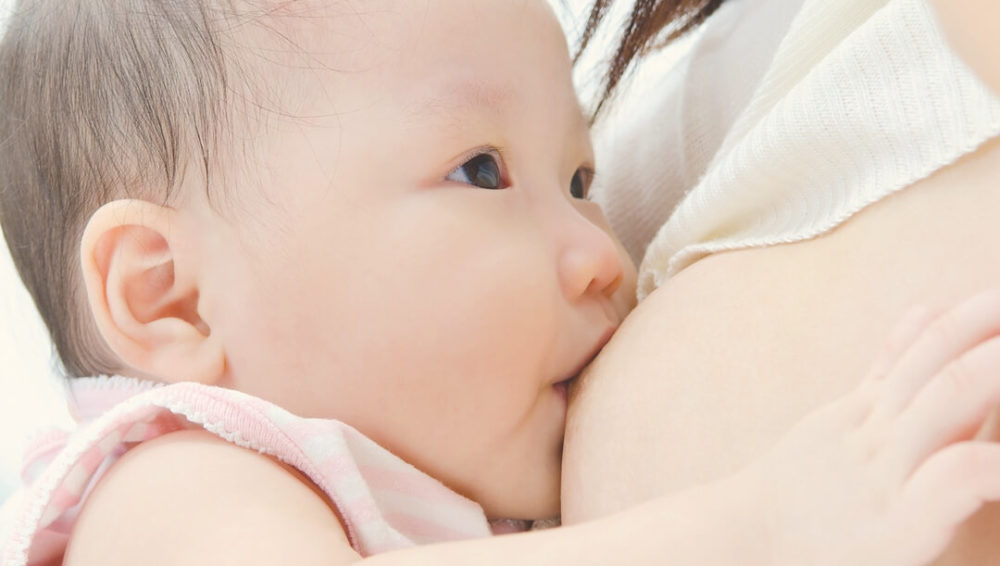10 facts about breastfeeding
Looking Forward

There’s a lot to learn for new moms when it comes to breastfeeding. Here are 10 facts about the best way of nursing a child during infancy.
1. Breast milk keeps Your Child healthy
Your breast milk contains many substances that benefit Your Child’s immune system, including important nutrients and antibodies. This is especially important for the first 3 months when Your Child’s immune system is still weak. But your milk even helps in decreasing the chances of having allergies years later.
2. Burns your calories
Producing milk 24/7 burns lots of calories. Approximately you’ll burn 200 to 500 additional calories per day. Along with eating healthy and a little exercise, it can help you get in shape faster.
3. Size doesn’t matter
The size of the breast doesn’t determine the quantity of milk production. What’s important is your milk glands. Bigger breasts just have more fatty tissues. So, any size of breasts can produce enough milk for Your Child too.
4. Milk does not just come from nipples
Milk comes out from multiple holes around the areola area and also the nipples. That’s why Your Child should latch on the whole area of your areola so he won’t waste any drop.
5. Body modification is not a problem
Breast implants usually don’t cause any problems for breastfeeding, as long as you have enough milk ducts. However, if the areola area is altered, it’s more likely to affect feeding than if the underneath the breasts has some work done. A nipple piercing is also fine. Just remember to remove the jewelry before you feed Your Child.
6. Leak and let down reflex
Your body will produce the hormone oxytocin, which stimulates milk production when Your Child latch on and start sucking. This is called the let-down reflex. But other stimuli can trigger this reflex too. Even strong emotions say hearing Your Child cries or looking at Baby’s picture can cause this reflex. So, it might be leaky sometimes.
7. Breastfeed when you’re sick
When you are sick from a common illness like cold, seasonal flu, or diarrhea, don’t worry. The sickness usually won’t pass through your breast milk. But if you have certain flu, such as H1N1, better be careful. Your Child can get infected from being near you. HIV, T-Cell virus, cancer chemotherapy, and radiation therapy are also a no.
8. There can be nipple confusion
Nipple confusion may happen when a baby has learned how to suck on a dummy or bottle and then struggles to adjust to sucking from a breast. Because sucking on pacifiers and nipples uses different techniques. Try not to use pacifiers or bottles for the first few weeks after birth to avoid nipple confusion, unless it’s a medical reason. Better wait until Your Child is 3-4 weeks old to allow the little one to learn how to latch on well first.
9. Discomfort
It can come in different levels from tenderness to crack or bleeding. It could get better in a few weeks as most women find their nipples toughen up. Also, Your Child’s mouth gets bigger with time and learns to latch on better. Try nipple salves, balms, or warm/cold pressing in the meantime.
10. It’s not always successful
There are women who can’t breastfeed due to their physical issues or necessity. But whether you can or cannot breastfeed your baby doesn’t make you more or less a wonderful mother. Don’t feel guilty. Find other options. In the end, the benefits of breastfeeding are marginal when compared with other things, such as love, attention, and good parenting.



